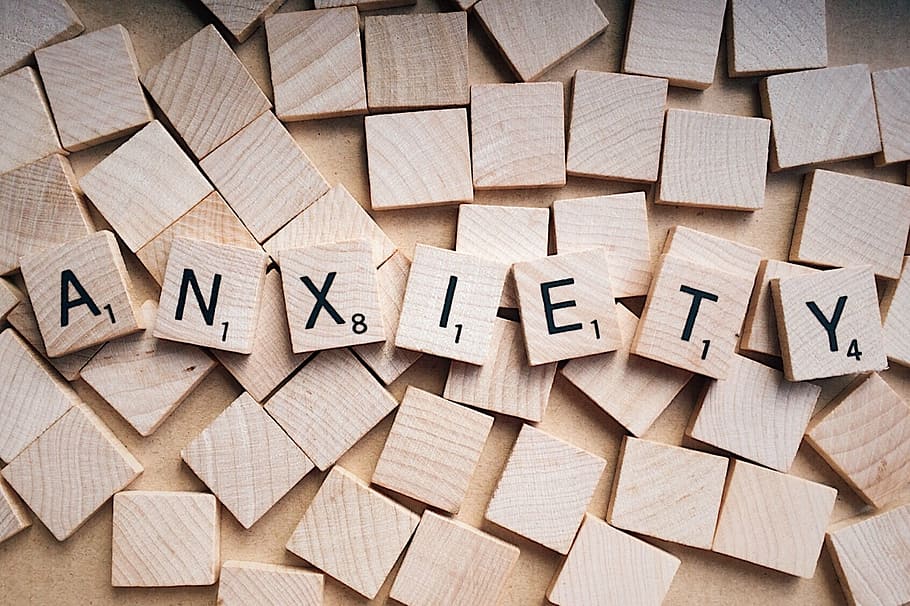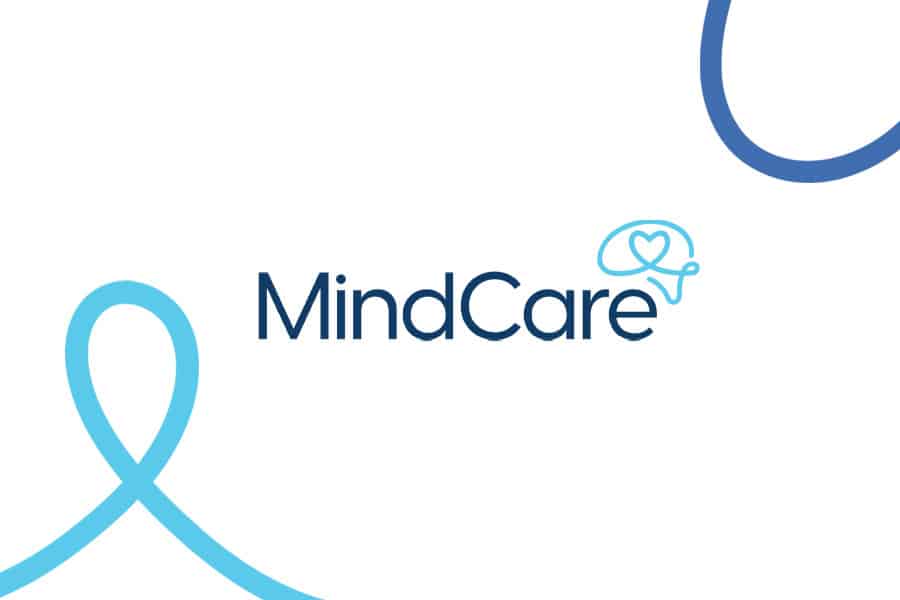What Is Anxiety and Why Does It Happen?
Anxiety is a normal stress response triggered by a perceived threat. It activates the body’s “fight or flight” system. Common physical symptoms include:
- Increased heart rate
- Muscle tension
- Shallow breathing
- Nausea or stomach discomfort
When anxiety becomes persistent and disrupts daily functioning, it may indicate an anxiety disorder.
“Slow breathing is like an anchor in the midst of an emotional storm: the anchor won’t make the storm go away, but it will hold you steady until it passes.” — Russ Harris
When Is Anxiety a Problem?
According to the Mayo Clinic, anxiety is considered a disorder when:
- Symptoms persist for 6+ months
- It interferes with sleep, work, or relationships
- It triggers avoidance behaviour or panic attacks
Disordered anxiety is treatable. Seeking help early improves outcomes.
6 Proven Techniques to Manage Anxiety
1. Practice Mindfulness and Breathing Techniques
Mindfulness involves paying attention to the present without judgment. It calms the autonomic nervous system.
Try:
- Diaphragmatic breathing
- Progressive muscle relaxation
- Guided body scans
Studies show mindfulness-based interventions can reduce anxiety symptoms by up to 38% (Hoge et al., 2013).
2. Exercise to Reduce Stress Hormones
Physical activity increases endorphins and lowers cortisol.
Recommended:
- 30 minutes of aerobic activity, 4–5 times a week
- Walking, swimming, dancing, cycling
Regular movement is linked to a 30% lower risk of developing anxiety disorders.
3. Follow a Balanced Diet for Brain Health
Your gut and brain are directly connected via the gut-brain axis. Nutrient deficiencies can affect mood regulation.
Support your mental health with:
- Omega-3s from salmon or chia seeds
- Leafy greens for magnesium
- Whole grains for stable blood sugar
Avoid excess caffeine and alcohol—both worsen anxiety.
4. Improve Sleep Quality
Sleep loss intensifies anxiety. Aim for 7–9 hours nightly.
Sleep hygiene tips:
- Avoid screens 60 minutes before bed
- Create a dark, quiet sleep environment
- Stick to a consistent sleep-wake cycle
Sleep interventions often reduce anxiety severity by 20–30% (Harvard Health).
5. Use Expressive Writing for Clarity
Journaling helps you organise worries and offload mental clutter.
Effective methods include:
- Free-writing your thoughts
- Making daily worry logs
- Reframing anxious thoughts in writing
Expressive writing can improve emotion regulation and reduce generalised anxiety.
6. Try Cognitive Behavioural Therapy (CBT)
CBT helps change unhelpful thinking patterns. It teaches how to respond more constructively to anxious thoughts.
CBT with Mind-Care can help you:
- Identify irrational fears
- Replace them with realistic alternatives
- Learn coping and exposure strategies
CBT is considered the gold standard treatment for anxiety, endorsed by NICE and Beyond Blue.
Should You Seek Professional Help for Anxiety?
Yes, if any of the following apply:
- Symptoms last more than 6 weeks
- Anxiety interferes with work or relationships
- Panic attacks, obsessive thoughts, or avoidance are present
Seeking early support improves recovery rates and prevents worsening.
How Mind-Care Can Help
Mind-Care offers therapy for children, adolescents, and adults across Newcastle, Lake Macquarie, and the Hunter Region.
We provide:
- Clinical Psychology
- Psychiatry Services
- Behavioural Therapy
- CBT and ACT
- Mindfulness-based Stress Reduction
- Support for School and Social Anxiety
Worried Anxiety Is Interfering With Daily Life?
You don’t have to manage it alone. At Mind-Care, we support children, teens, and adults with evidence-based therapy for anxiety.
Contact us today to book a confidential consultation. Let’s take the first step together—towards clarity, calm, and control.











